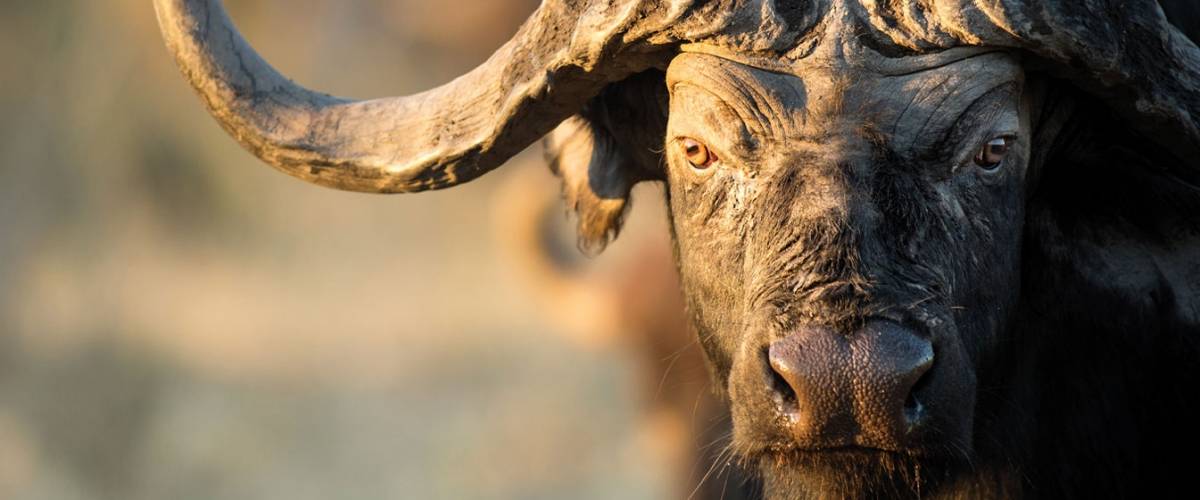
January 28, 2020 – For more than 70 years, Morris Animal Foundation has been a global leader in funding studies to advance animal health. With the help of generous donors like you, we are improving the health and well-being of dogs, cats, horses and wildlife worldwide.
1,730 Cats, 21 Countries
Animal Medical Center, New York City, researchers conducted the first international, collaborative long-term epidemiologic review of cats with preclinical hypertrophic cardiomyopathy (HCM) and apparently healthy cats to compare the incidence, risk and survival of cardiovascular and noncardiovascular death. Cardiovascular survival did not differ significantly between obstructive versus nonobstructive forms of HCM. However, all-cause survival was significantly shorter in preclinical HCM cats. These data will help inform guidelines intended to improve the care and well-being of cats. (Journal of Veterinary Internal Medicine, April 2018 & August 2019)
Sepsis Target
Sepsis is a life-threatening complication of many diseases. Sepsis occurs when bacteria or other infectious agents enter the bloodstream and overwhelm the body’s ability to clear them. Abnormal blood clotting often is triggered by sepsis, adding to the spiral of disease and death. University of California, Davis, researchers identified a promising new therapeutic target to slow or stop abnormal blood clotting in canine sepsis cases, which could improve prognosis. (BMC Veterinary Research, July 2019)
Height, Metabolic Disease and Ponies
Equine metabolic syndrome (EMS) is a complex disease of horses and ponies and considered the most common cause of laminitis, a debilitating hoof disease. University of Minnesota researchers discovered that a known height gene contributes to EMS traits and associated laminitis risk in Welsh ponies. This finding has important implications for identifying individual animals at risk for EMS. (Journal of Veterinary Internal Medicine, January 2019)
Tuberculosis in African Wildlife
Wild African buffalo are carefully monitored for bovine tuberculosis (bTB), a worldwide health concern for both humans and other animal species. Oregon State University researchers discovered regions in the African buffalo genome linked to risk of tuberculosis infection. This new information on the genetic background for bTB will help inform conservation and disease control measures to maximize longterm herd health for this species. (Proceedings of the Royal Society B, July 2019)




